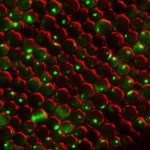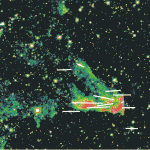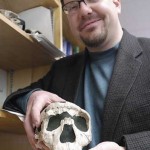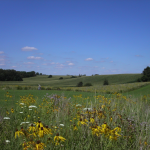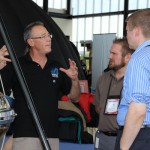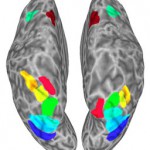Tag Research
UW’s bug-eating advocate had global impact
When Gene DeFoliart had his brainstorm in 1974, not even he thought his brainchild would be an easy sell. As a professor at the University of Wisconsin–Madison, DeFoliart was focusing on how insects spread viral disease. Now he was captivated by an opposite proposition: using insects to foster human health — using them, to be specific, as food. Read More
UW-Madison team probes home health environments with virtual reality
In health care environments, nurses and doctors can closely monitor patients' medical regimen and schedules. But when a patient leaves the clinic or hospital to go home, the responsibility for care transitions to families and patients. The result: Regimens might not be adhered to as closely. Read More
Zinc discovery may shed light on Parkinson’s, Alzheimer’s
Scientists at the University of Wisconsin–Madison have made a discovery that, if replicated in humans, suggests a shortage of zinc may contribute to diseases like Alzheimer's and Parkinson's, which have been linked to defective proteins clumping together in the brain. Read More
Exhibiting signs of life
What if you could travel back in time 3 billion years, and take a breath? What would earth’s air smell like? Deeply stinky, according to Brooke Norsted, an outreach specialist for the University of Wisconsin–Madison Geology Museum. Read More
Students game the system, train computer to play Angry Birds
Angry Birds sounds simple: Just slingshot a digital bird at a pile of evil pigs. You could teach a child to play. But could you teach a computer? Read More
A shot of anxiety and the world stinks
Researchers using powerful new brain imaging technologies are revealing how anxiety or stress can rewire the brain, linking centers of emotion and olfactory processing, to make typically benign smells malodorous. Read More
Decades on, bacterium’s discovery feted as paragon of basic science
Over time, the esoteric and sometimes downright strange quests of science have proven easy targets for politicians and others looking for perceived examples of waste in government - and a cheap headline. Read More









